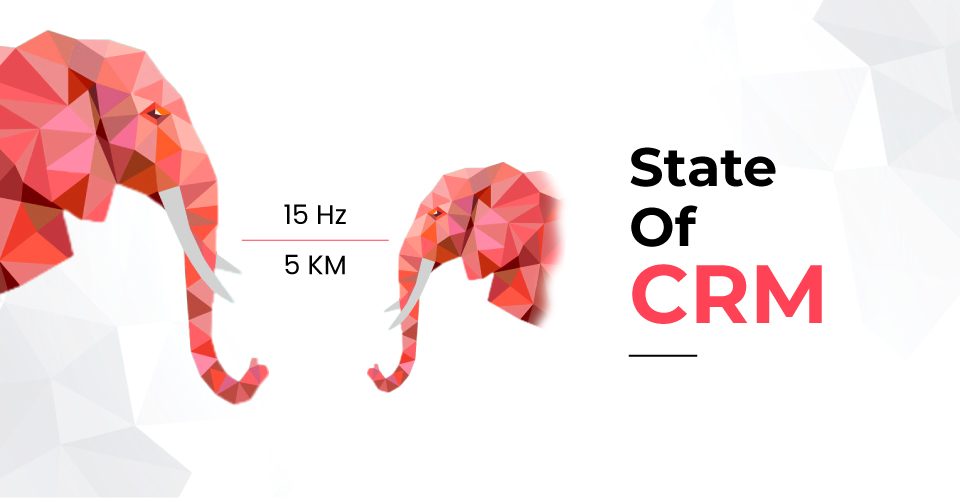There are some sobering truths that often remain hidden behind the products we use every day. It is an uncomfortable reality that items like cell phones, chocolate, diamonds, cotton, and pharmaceutical products can come to us through supply chains tainted by forced labor and unethical practices. These supply chains often start in places with governance gaps, such as rogue states and failed states, where exploitation thrives. According to the Global Slavery Index 2023, an estimated 50 million people (about twice the population of Texas) are living in modern slavery on any given day.
The cell phone industry, for instance, sources minerals from mines in the Eastern Congo, where armed groups and child slaves are tragically exploited. In the cocoa industry, child labor is rampant in places like Côte d’Ivoire and Ghana, where a staggering 80% of cocoa production involves child labor. Even pharmaceutical products, like heparin, can have dark origins in artisanal workshops in China, where the active ingredient is derived from pigs’ intestines.
The diamond industry’s history is marred by conflict and exploitation, often seen in places like mines in Zimbabwe. And the cotton industry in Uzbekistan relies on forced child labor during the cotton harvest. This web of injustice even extends to waste dumps, like the one in Manila, where these products eventually find their resting place.
It’s clear that our investment and trade decisions come with moral and ethical dilemmas. The lack of assurance for workers’ rights in supply chains is concerning. These global supply chains often operate unethically and irresponsibly. Tragedies like contaminated heparin causing global deaths underscore this problem. Suppliers cutting corners and regulators falling short only make matters worse. The complexity of global supply chains makes effective regulation a monumental challenge.
In this landscape, multinational companies hold significant power. They can demand ethical standards in supply chains by setting common standards and codes of conduct. These standards have more influence than local regulations, thanks to the power of contracts between brands and suppliers. It’s a mechanism that enforces accountability and ethical practices.
So, what’s the way forward? Collaboration is essential. We must create a safe space where NGOs, campaign groups, civil society organizations, and multinational corporations can join forces. Young workers can find their rights protected if they work for reputable brands with established codes of conduct. We can hold multinational companies accountable by auditing their supply chains, ensuring transparency and responsibility.
Ultimately, it’s a joint effort. Companies and NGOs must unite to address these formidable challenges. Governments must rise to protect human rights worldwide. We need a fresh approach to regulating and confronting global issues. The private sector, together with NGOs, can form a formidable response to pandemics and other crises. After all, it’s the responsibility of companies to uphold human rights within their global supply chains.


